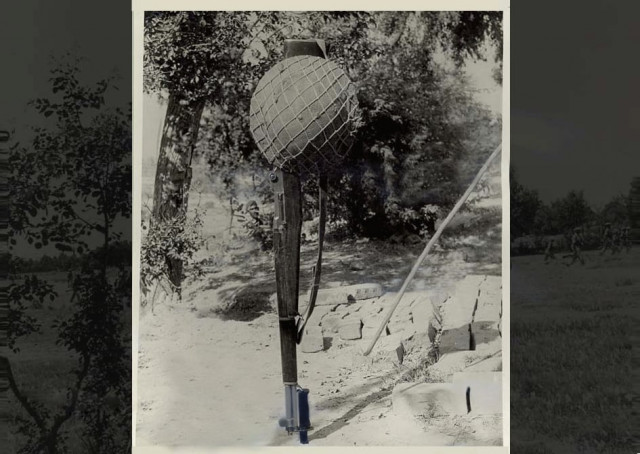A day to remember the martyrs
Instead of confronting what happened during 1965 War, what we are seeing 50 years down the line is similar hyperbole

Perhaps, that is why we did so badly in the 1971 war and later, in the 1999 Kargil misadventure. It is, indeed, very difficult to disagree with most neutral historians that the 1965 War had ended in a stalemate. That is why, when one sees the claims of resounding successes of the war repeated year after year in both countries and also finds these assertions being passed on to our future generations as historical facts, one feels perturbed. More so, when these official claims are examined against the declaration signed at Tashkent between India and Pakistan on January 10, 1966 after a ceasefire was enforced at the behest of the UN, the US and the then USSR. The declaration had stated that Indian and Pakistani forces would pull back to their pre-conflict positions, pre-August 1965 lines, no later than February 25, 1966; the nations would not interfere in each other’s internal affairs; economic and diplomatic relations would be restored; orderly transfer of prisoners of war will be facilitated and; the two leaders would work towards building good relations between the two countries. It is clear that many of these clauses have not been adhered to by both countries over the years.
But the euphoria that had built up during the war because of the embellished claims on both sides and which, in Pakistan, had led to the development of a public perception that it was going to win the war decisively, triggered rioting at various places throughout the country as news of the Tashkent Declaration started percolating to the people who were expecting something quite different. These developments damaged the image of Field Marshal Ayub Khan, and became one of the many factors that led to the then Pakistani president’s downfall. Plainly, Pakistan’s miscalculations had started from the drawing board itself, with the supposition that a generally discontent Kashmiri people would rise to the occasion and revolt against their Indian rulers, bringing about a swift and decisive surrender of Kashmir. We also failed to recognise that India would attack the southern sector and open up the theatre on the international border. Therefore, we were forced to dedicate troops to protect Sialkot and Lahore instead of penetrating into Kashmir.
The US, which was Pakistan’s primary supplier of arms and ammunition, placed a military embargo. And with the war creating a huge financial burden, Pakistan’s economy took a severe beating. More importantly, Bengali leaders accused the government of not providing adequate security for East Pakistan during the conflict, even though large sums of money were taken from the eastern wing to finance the war. This was the beginning of the end of East Pakistan. In a similar vein, India indulged in exaggerations of its supposed victory in the war, going as far as claiming to have captured key areas during the conduct of the war, including the Lahore railway station and airport. However, instead of confronting what really happened during the 1965 War, what we are seeing 50 years down the line is similar hyperbole on both sides and given the current tense climate in the region, statements coming out of both Indian and Pakistani leaderships highlight how little the two countries have learnt over the course of half a century.
Published in The Express Tribune, September 6th, 2015.
Like Opinion & Editorial on Facebook, follow @ETOpEd on Twitter to receive all updates on all our daily pieces.














COMMENTS
Comments are moderated and generally will be posted if they are on-topic and not abusive.
For more information, please see our Comments FAQ